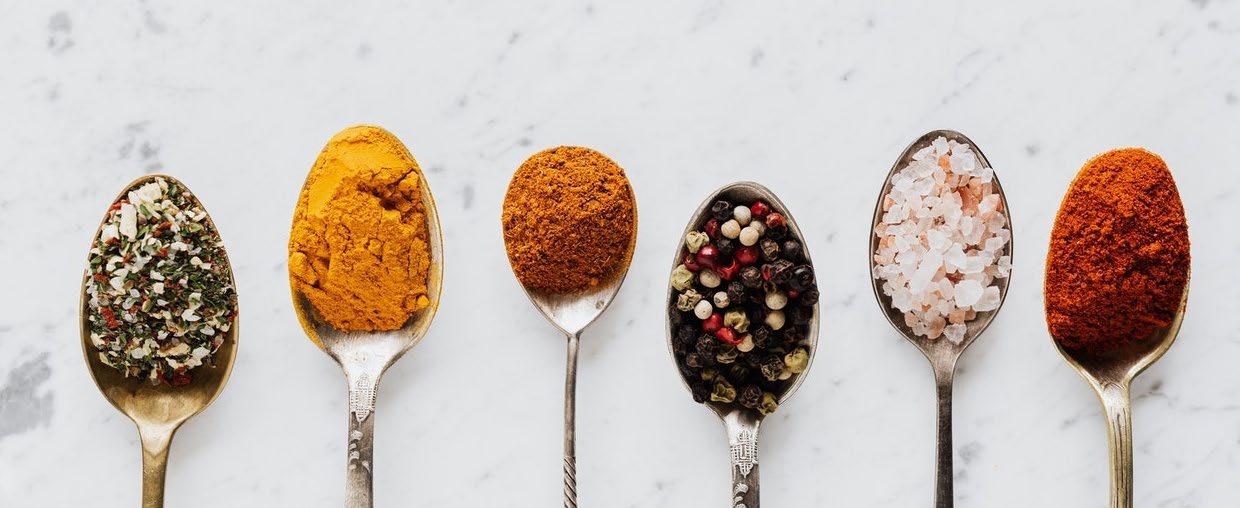
5 minute read
INTESTINAL GAS AND
Intestinal Gas and How to Alleviate It
by Sheila Shea
Advertisement
Some gas is a normal part of intestinal feed mainly on complex sugars or complex health and functioning. Excessive and carbohydrates that the person is not break- painful gas is not. The intestines regis- ing down with normal human digestion. ter pain from gas before pain from inflam- The microbes feed on the complex sugars. mation, adhesion and ulceration. Our body This kind of digestion is called fermenta- alerts us: “Pay attention to gas pain, under- tion digestion. The fermentation byprod- stand the cause, then alleviate it properly.” ucts are gases, acids and other metabolites
In a traditional colonic, a person rests that are toxic to the system. Through on their back. However, since most clients appropriate healing of the gut wall, one can now have excessive gas, all clients begin on return to human or enzymatic digestion. their left side or Left Sims position, which Causes of gas include: consumption of helps the gas to come out more easily. processed foods, added sugars and seed oils;
The bowels are stretched and weakened carbohydrate indigestion and/or inability to by continuous gas bloating. The colon muscles break down complex sugars; enzyme insuffi- do not have the energy to move and release ciencies in digestive processes including liver, the gas, nor the ability to eliminate stool. gall bladder, pancreas, stomach and small The Metabolically Deficient intestines; overeating, food addiction and eating disorder; eating all day long, late night Abdomen eating, overeating, overlapping meals, five or The metabolically deficient abdomen is six feedings daily; overabundance of patho- the fermenting abdomen, percolating tons genic bacteria, virus and fungi; imbalanced of microbial growth. Gas is a byproduct microbiome; accumulation of waste in the of this fermentation. According to Elaine system, slow transit, constipation; insufficient Gottschall, MS in Breaking the Vicious exercise, therefore lack of tone in the ab- Cycle, excessive gas is caused by a microbial dominal muscles; inability to develop coping overgrowth. Bacteria and fungi migrate mechanisms for stress; and various pharma- from the large to the small intestines to ceuticals such as antibiotics and steroids.
Reducing Gas and Removing Cause
The diets for reducing the gas and restoring a normal balance of intestinal flora are free of processed foods, added sugars, seed oils and complex sugars. Low carbohydrate/high fat (LCHF) diets are helpful for reducing gas. Main LCHF diets are lower in carbo hydrates and higher in fat and protein. The Specific Carbohydrate Diet (SCD), Gut and Psychology Syndrome (GAPS), ketogenic, paleolithic and carnivore protocols are low in carbohydrate and higher in protein and fat. Whatever diet the person follows, the mantra is to reduce sugars of any kind.
One male in his 40s had such severe gas, it made his life miserable at work and destroyed his social life. This situation had been going on for 13 years when he sought help from a colon hydrotherapist and chose to follow the Specific Carbohydrate Diet (SCD) to reduce his gas and heal his gut. It took him about 10 months to see progress. From the beginning, he had good signs he was getting better. It takes time to heal, to change the patterns, to create the right microbial balance in the gut. The quality to cultivate is patience.
There are several lifestyle factors that can help to get gas under control. These include: using herbs, digestive enzymes and/ or charcoal; practicing breathing exercises; meditation; fasting and time restricted eating; colon hydrotherapy, enemas, hot and/ or detox baths; detox protocols for intestines, liver, kidney and parasite; abdominal massage; exercise to stimulate peristalsis and circulation in the intestinal tract; eating real foods; and developing coping skills for stress.
Sheila Shea, MA is director of Intestinal Health Institute with the goal of healing the gastrointestinal system and hence healing the body. Shea is a 43-year veteran colon hydrotherapist with specialties in Gut and Psychology Syndrome (GAPS), metabolic syndrome and detoxification programs. She offers consultations in person and online. Connect at 520-325-9686 or Intestines@SheilaShea.com. Herbs for
Intestinal Health
Perusing Earl Mindell’s Herb Bible revealed some culinary tips on plants which aid the digestive system. Give them a try in salads, juiced or as a tea. Anise: A tea brewed from the crushed seeds can relieve digestive disorders and cramps. Basil: An effective remedy for a variety of digestive disorders, including stomach cramps, vomiting and constipation. Caraway: Soothing for gas and other stomach disorders. Toss a few seeds in a soup or stew. Cardamom: A standard ingredient of curry, it stimulates the production of gastric juices, improves metabolism and even helps relieve gas. Celery: Has a calming effect on the digestive system, relieving gas and indigestion. Try a pint juiced. Dill: Best known as a digestive aid and remedy for a sour, gassy stomach. Fennel: Similar in taste to anise, and used to relieve gas. Sold fresh in most supermarkets, it can be juiced or chopped into salads. Garlic: A powerful digestive aid and gas reliever. It’s an antibiotic that works on pathogenic bacteria. Ginger: A time-proven remedy for upset stomach, indigestion and cramps. Olive oil: An excellent laxative, and stimulates the production of liver bile. Papaya: Breaks down and metabolizes protein and relieves indigestion. Parsley: A natural antispasmodic which helps to settle the stomach after a meal. It’s great juiced with carrot, or minced in salads. Peppermint: Lessens the amount of time food spends in the stomach by stimulating the gastric lining. It also releases the stomach muscles. Effective for stomach ache, nausea, vomiting and IBS. Turmeric: Stimulates the flow of bile from the liver, which breaks down dietary fats. Used 3,000 years ago by Indian healers to treat obesity. In Asia, it was used to treat stomach disorders and liver-related ailment. Modern research shows that it protects against gallbladder disease. Thyme: Culpepper, one of our earliest herbalists, said, “When taken internally, thyme comforts the stomach much, and expels wind.”








